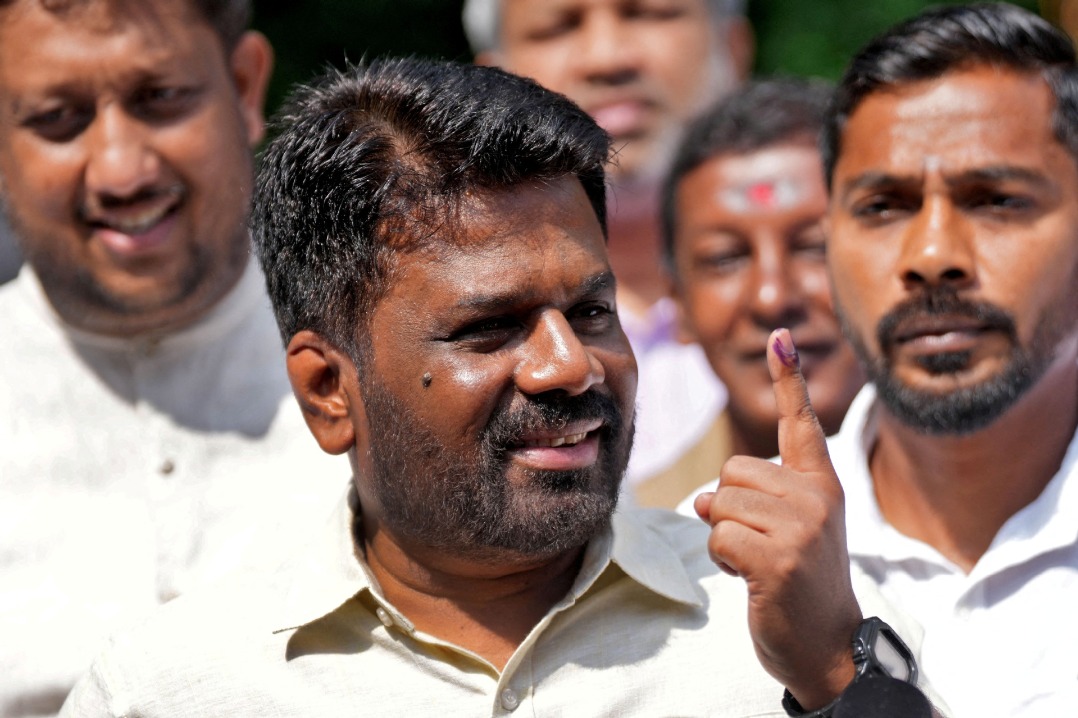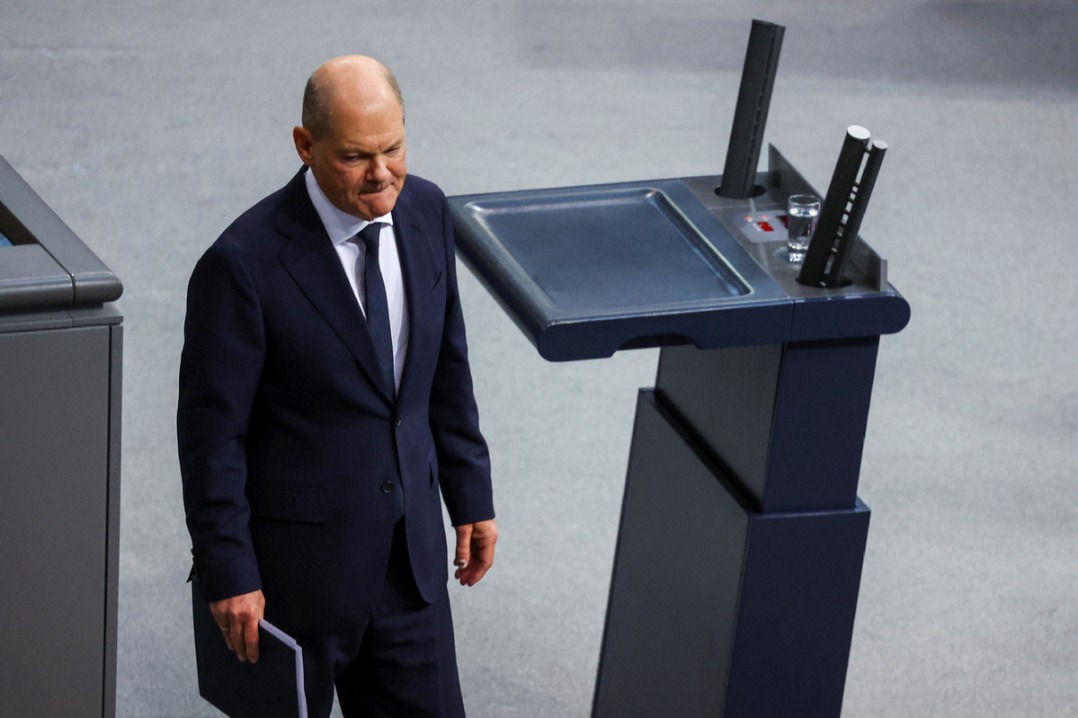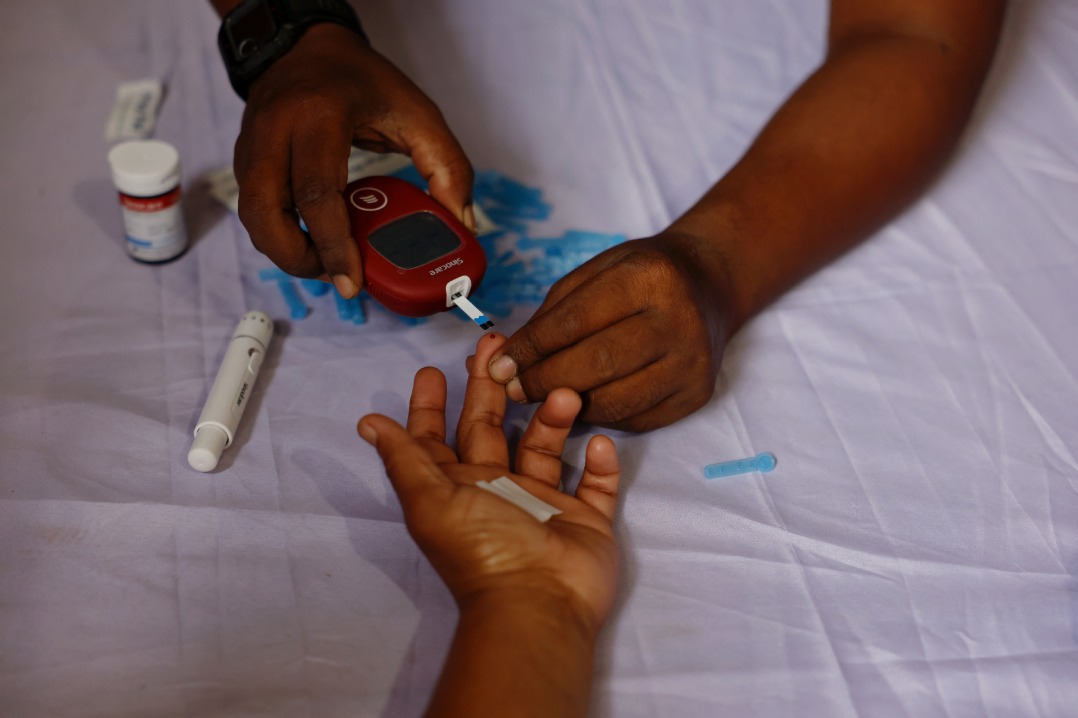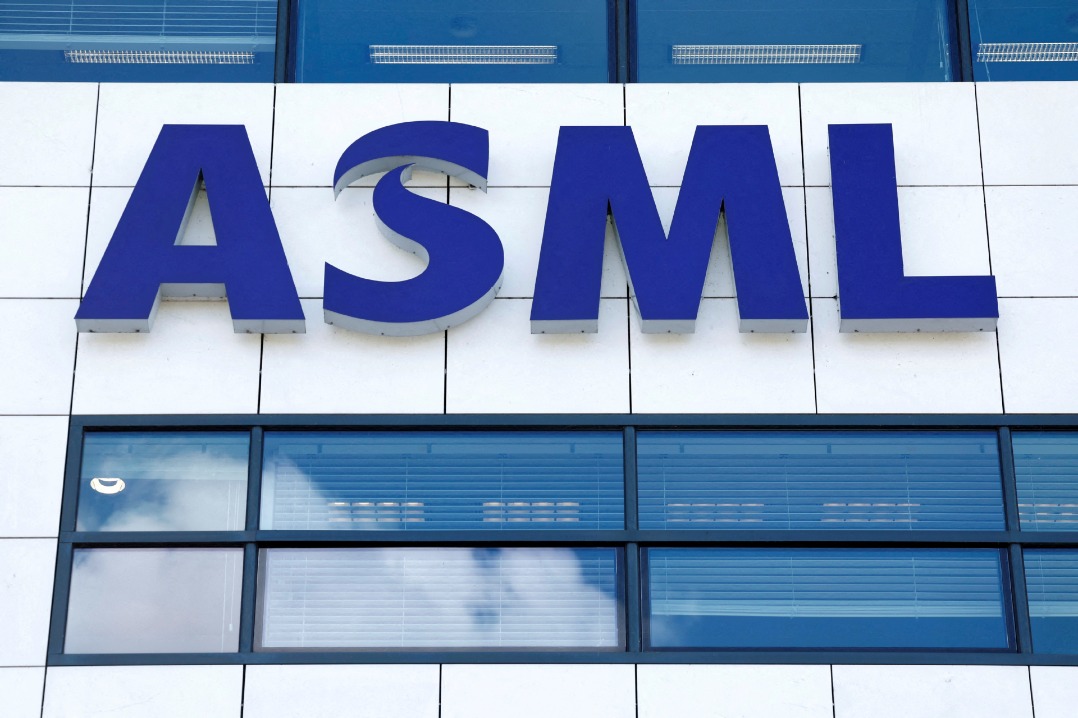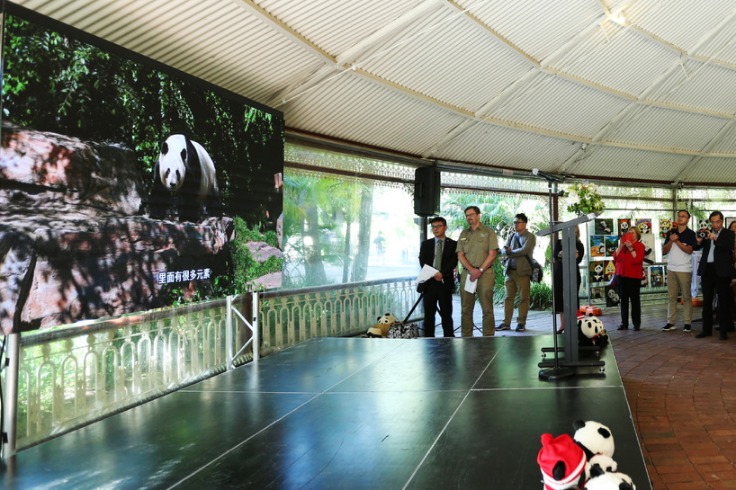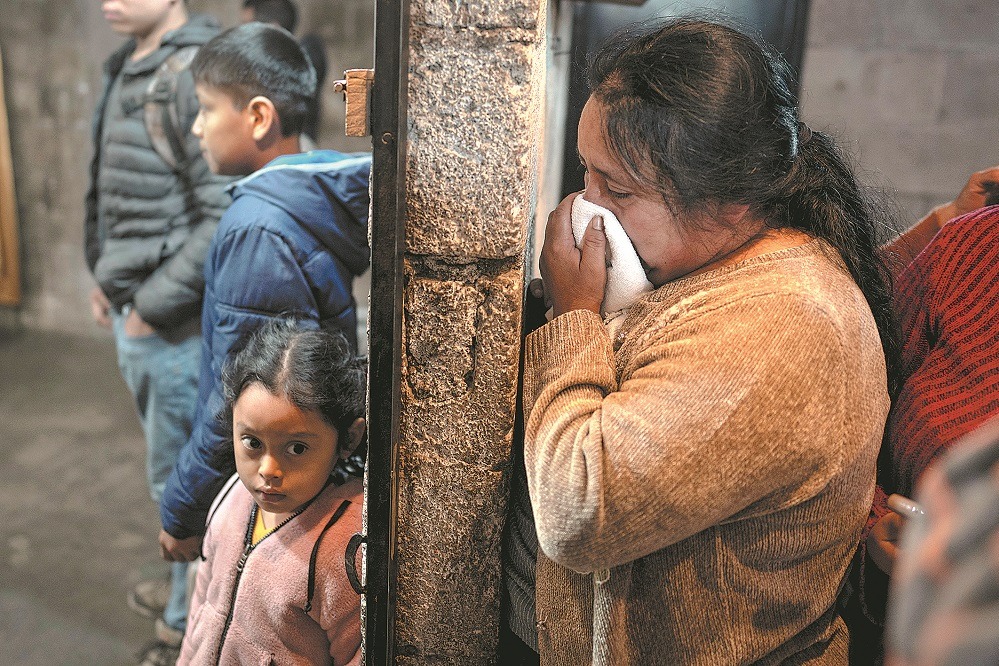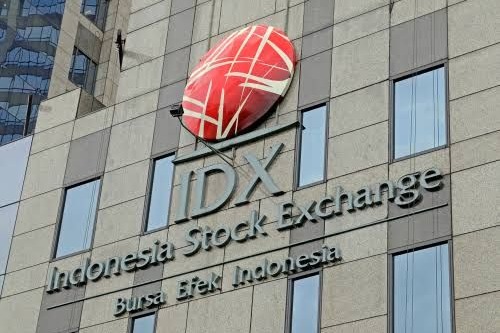Crisis has shed light on weaknesses, strengths

A golden rule of politics is that the timing of a decision is almost as important as the decision itself. "Timing is everything", but it is also the element that is the hardest to get right.
The world has long been overdue for a systemic reform of its economic, social and technological structures, but apparently the timing has never been quite right. Growth has been slow, political divisiveness is on the rise and geopolitical relationships are ever more fragile.
All of this has occurred while inequality has increased, magnifying a multitude of social problems.
The global COVID-19 crisis has exposed these gaps. It makes for uncomfortable reflection as we see the unequal access to healthcare, digital means and social protection as the pandemic spreads across cities, countries and continents.
A virus has taken away the luxury of planning. We can no longer wait for the right moment for such reforms, but we can still make sure they are the right ones.
As governments relax containment measures and economies begin to reopen, it is vital that recovery efforts consider the second-tier risks resulting from COVID-19.
Following the great lockdown will come the great transformation, a series of profound changes to what is already being described as the "old normal". If we remain passive to emerging risks, we may lose a historical opportunity to shape the new normal that we want.
The World Economic Forum asked 350 of the world's top risk experts to assess the most likely and most concerning fallout risks from COVID-19 over the next 18 months. The results of this survey are published in the forum's COVID-19 Risks Outlook.
Economic risks dominate perceptions. Two out of three experts identified a prolonged global recession as a top concern. Half identified bankruptcies, industry consolidation, failure of industries to recover and a disruption of supply chains as crucial worries.
Critical noneconomic risks are also concerning. Fifty percent of respondents are worried about an increase in cyberattacks against their companies and expect restrictions on the cross-border movement of people and goods to remain until 2021, while 40 percent believe another outbreak of an infectious disease is a major risk for the world.
On the environmental front, even with an expected 8 percent drop in global emissions this year, the world would still miss the 1.5 C target to avoid a planetary catastrophe from climate change. Climate degradation will worsen if countries fail to embed sustainability criteria into their recovery plans, and if COVID-19 eclipses sustainability on the public agenda.
Social anxieties are another concern. Widespread anxiety could worsen as a result of entrenched unemployment and the pressure that fear and isolation have put on mental health.
One recent study in the United States, for example, found that social distancing risks an increase in suicide rates. Another found that 70 percent of American adults feel this period has been the most stressful of their careers.
The relationship between societies and technology is likely to change fundamentally. Technology has been crucial to containing the spread of the novel coronavirus, maintaining communication with families and enabling people to work from home. But a hasty adoption of digital solutions also risks a mass increase in cybercrime, among other problems.
This is an outlook of emerging risks; it is not a forecast. It serves as a warning of how things could turn out if handled poorly, but more important, it offers a means to change direction before it is too late.
The crisis has exposed weaknesses, but it has also illuminated strengths. There is a newfound understanding of and appreciation for essential public services, most notably health. Consumption and mobility habits have changed dramatically, while technology has potentially revolutionized learning, working, producing and caring. We must draw on these strengths to build back a better world.
The virus has spread so wide and so fast that this crisis seems to have been one step ahead of us. It's time to take the lead.
The author is head Global Risks and Geopolitical Agenda at the World Economic Forum. The views do not necessarily reflect those of China Daily.
















